1 Coffee Grounds for Gardening – Pros, Cons, and How to Use Them
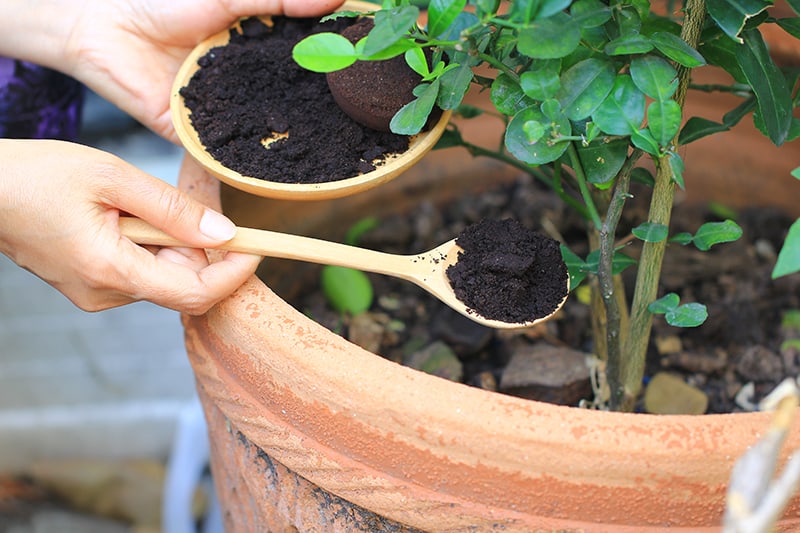
- Author: trees.com
- Published Date: 12/17/2021
- Review: 4.87 (807 vote)
- Summary: · Coffee grounds contain reasonable levels of nitrogen, which will break down and create a compost that is high in essential nutrients. Nitrogen
- Matching search results: If you use coffee grounds as a fertilizer instead of a synthetic fertilizer, you will also be reducing the number of chemicals being put into the earth and contributing to a more organic and natural landscape while protecting local waterways and the …
- Source: 🔗
2 A Common-Sense Guide to Using Coffee Grounds in the Garden
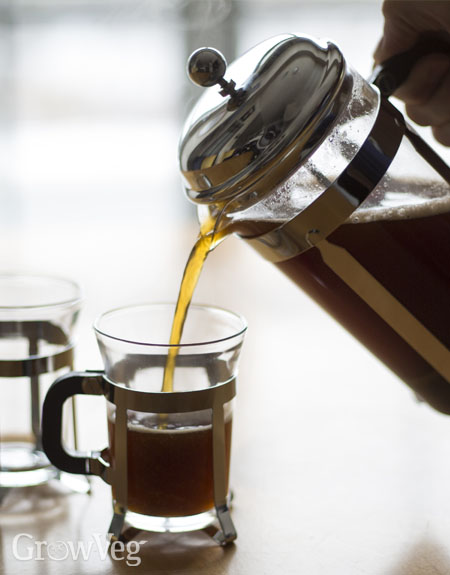
- Author: growveg.com
- Published Date: 06/14/2022
- Review: 4.66 (597 vote)
- Summary: · To use coffee grounds as a fertilizer sprinkle them thinly onto your soil, or add them to your compost heap. Despite their color, for the
- Matching search results: To use coffee grounds as a fertilizer sprinkle them thinly onto your soil, or add them to your compost heap. Despite their color, for the purposes of composting they’re a ‘green’, or nitrogen-rich organic material. Make sure to balance them with …
- Source: 🔗
3 How to use coffee grounds in gardening – the hacks that work and the ones that don’t
- Author: realhomes.com
- Published Date: 05/07/2022
- Review: 4.47 (494 vote)
- Summary: · 1. Make your own fertilizer for plants · 2. Use coffee grounds in compost · 3. Add coffee grounds to mulch · 4. Feed worms with coffee grounds
- Matching search results: ‘As coffee grounds are close to pH neutral, acid-loving vegetable plants will benefit the most. This is because the grounds lead to better harvest by providing extra nutrients. Cabbage, carrots, potatoes, radishes, turnips, squash, and soybeans all …
- Source: 🔗
4 5 Reasons You Should NEVER Use Coffee Grounds In Your Garden
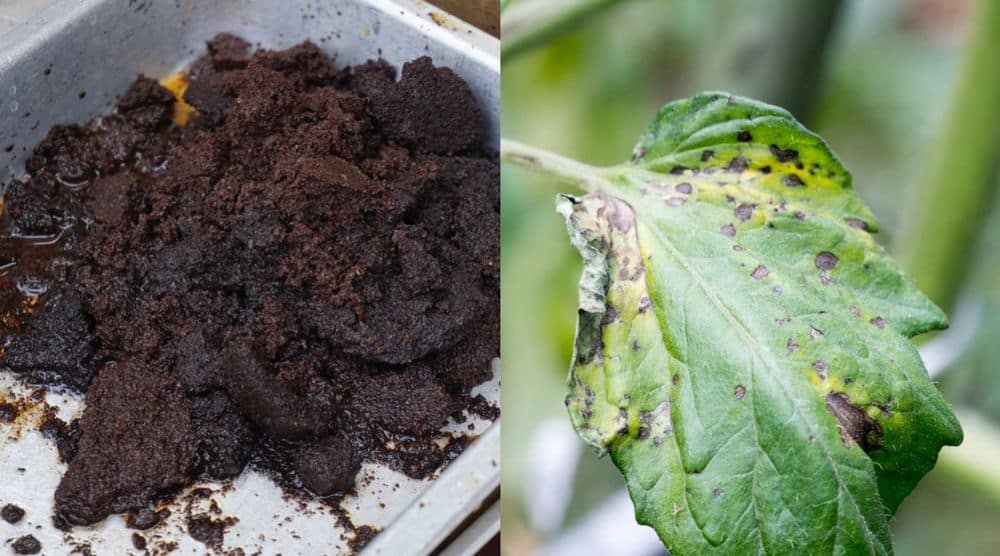
- Author: ruralsprout.com
- Published Date: 10/11/2021
- Review: 4.23 (398 vote)
- Summary: · If you do decide to add coffee to your compost, do so sparingly. Despite its
- Matching search results: We are advised to put them in the garden for perky plants and bright blue azaleas. Coffee grounds ward off slugs! Put coffee grounds in your compost for healthy soil and earthworms! Grow HUGE plants with coffee grounds! Some even suggest using …
- Source: 🔗
5 10 Ways to use Coffee in your Garden

- Author: palmers.co.nz
- Published Date: 09/19/2021
- Review: 3.99 (470 vote)
- Summary: Sprinkle coffee grounds around your plants and garden to keep those pests that like munching on your fruit and veges out! The theory is that the caffeine in the
- Matching search results: Adding coffee grounds to your compost can actually help the food decompose faster than normal. Just make sure that your added coffee grounds do not exceed 25% of the total compost heap as the acidity can cause problems. Coffee grounds are considered …
- Source: 🔗
6 The right way to use old coffee in your garden
- Author: abc.net.au
- Published Date: 09/23/2021
- Review: 3.8 (598 vote)
- Summary: · Using coffee grounds to improve soil is common advice for home gardeners. Yet research shows that using spent coffee grounds can be a mixed
- Matching search results: Adding coffee grounds to your compost can actually help the food decompose faster than normal. Just make sure that your added coffee grounds do not exceed 25% of the total compost heap as the acidity can cause problems. Coffee grounds are considered …
- Source: 🔗
7 Using Coffee Grounds in the Garden
- Author: extension.arizona.edu
- Published Date: 07/05/2022
- Review: 3.7 (347 vote)
- Summary: · As for soil-borne diseases, coffee grounds do appear to suppress some common fungal rots and wilts (Fusarium, Pythium, and Sclerotinia) as well
- Matching search results: In mulch, since coffee grounds are finely textured and easily compacted, they can create a barrier to moisture and air movement, especially when applied in thick layers. Dr. Chalker-Scott recommends against using pure coffee grounds as mulch. …
- Source: 🔗
8 Are Coffee Grounds Good For the Garden?
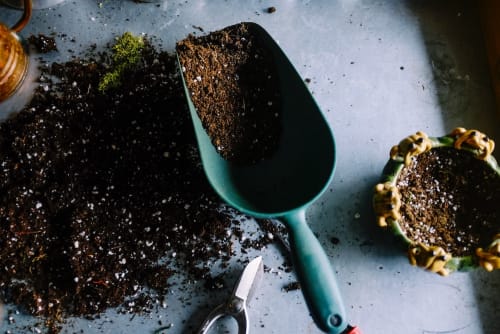
- Author: pactcoffee.com
- Published Date: 09/18/2021
- Review: 3.51 (444 vote)
- Summary: · The myth: coffee grounds are good for acid-loving plants … Some plants love acidic soil – azaleas, rhododendrons, daffodils and more! So it
- Matching search results: There’s a few reasons we’ll rattle off first, before we get to the biggie. First off, coffee is too fine for mulch – making it so compact that water struggles to get through to your plants’ roots, so they die of dehydration. Not a strong start. Then …
- Source: 🔗
9 Why you should put coffee grounds on your plants
- Author: bhg.com.au
- Published Date: 07/04/2022
- Review: 3.26 (308 vote)
- Summary: · Rinse your coffee grounds before use. · Work them into the ground around the soil and not onto the plant. · Use a lot of brown compost if you’re
- Matching search results: A bit of research and some trial and error are the best ways to make sure you get the most out of your coffee grounds. A good rule of thumb to follow is to only use coffee grounds if your plants have been growing for a while, so that the additional …
- Source: 🔗
10 When you should (and shouldnt) put used coffee grounds in your garden
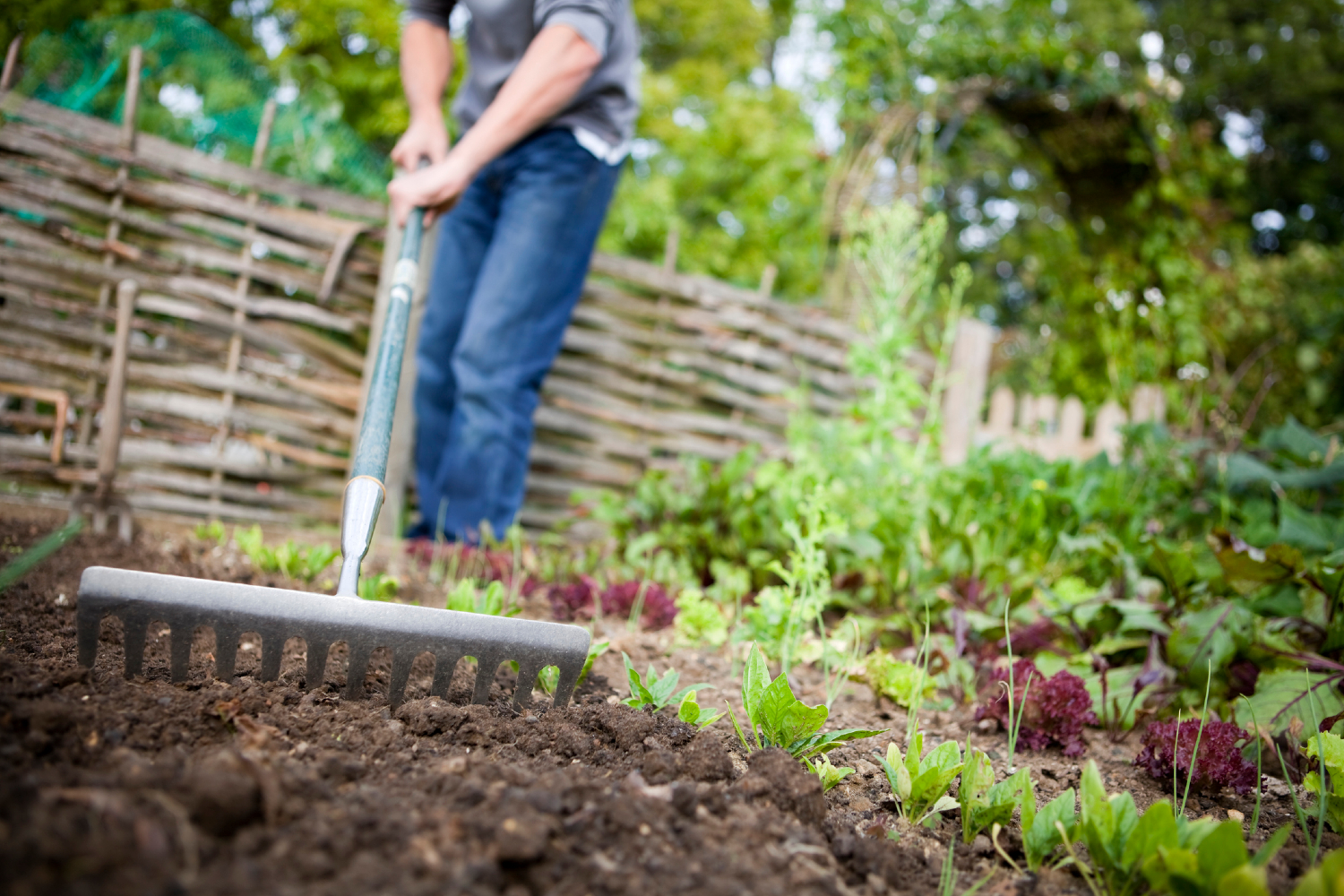
- Author: 21oak.com
- Published Date: 12/03/2021
- Review: 2.99 (435 vote)
- Summary: · Sprinkle coffee grounds in a thin layer onto your soil to use as a fertilizer. Just make sure you don’t use too much or pile it too closely;
- Matching search results: Coffee grounds contain several essential nutrients, such as nitrogen, potassium, and phosphorus, along with several micronutrients — all of which make using coffee grounds for plant fertilizer a great idea. The amount of nutrients in each batch of …
- Source: 🔗
11 15 Brilliant Ways to Use Old Coffee Grounds

- Author: intelligentliving.co
- Published Date: 06/07/2022
- Review: 2.81 (97 vote)
- Summary: · They may also help absorb heavy metals that pollute the soil. Additionally, coffee grounds attract worms, which are beneficial to your plants
- Matching search results: After bathing your pet, rub the grounds into their fur. After that, rinse them off and let your pet dry as usual. Some claim that doing so may give your pet’s coat more smoothness and gloss; however, there’s little to no evidence to back up any of …
- Source: 🔗
12 What Plants Like Coffee Grounds?

- Author: coffeeaffection.com
- Published Date: 12/26/2021
- Review: 2.81 (120 vote)
- Summary: · What are the benefits of gardening with coffee grounds? … Coffee grounds provide nitrogen, a classic ingredient in most fertilizers. Plants need
- Matching search results: Coffee grounds provide nitrogen, a classic ingredient in most fertilizers. Plants need nitrogen to grow. Coffee grounds are also popular with worms, so if you’re vermicomposting or trying to encourage worms, they can be a great addition. And …
- Source: 🔗
13 Are Coffee Grounds Good for your Garden?
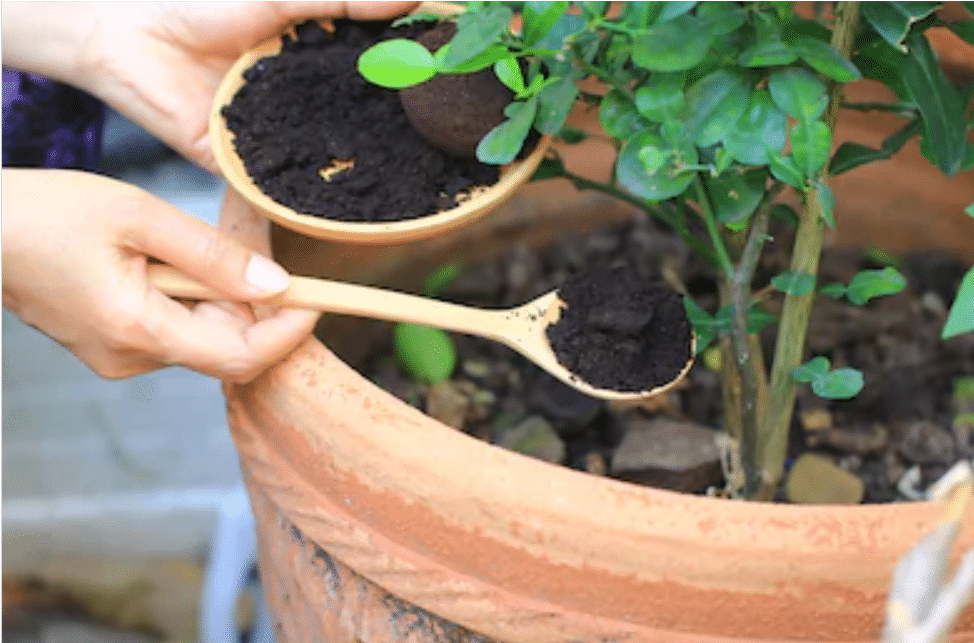
- Author: oxfordgardendesign.co.uk
- Published Date: 04/08/2022
- Review: 2.69 (90 vote)
- Summary: Adding coffee grounds directly to the soil as a fertiliser can be a good option. Coffee grounds are rich in nutrients, especially nitrogen. They also have some
- Matching search results: Using coffee grounds for gardening is a hot tip floating around with enthusiasts. So are coffee grounds good for gardens? Like most things in life, the answer here cannot be a simple yes or no. For the sake of closure, let’s say that is true, but …
- Source: 🔗
14 5 ways to use coffee grounds in the garden
- Author: housebeautiful.com
- Published Date: 01/08/2022
- Review: 2.54 (81 vote)
- Summary: · Coffee grounds make a great fertiliser as they contain several key nutrients required for plant growth. Carrots, azaleas and roses all benefit
- Matching search results: Coffee is an excellent home remedy for naturally keeping slugs, snails and ants at bay. To do this, simply spread the grounds around vulnerable plants to create a barrier. While it won’t harm the creatures, its rough surface will stop them from …
- Source: 🔗
